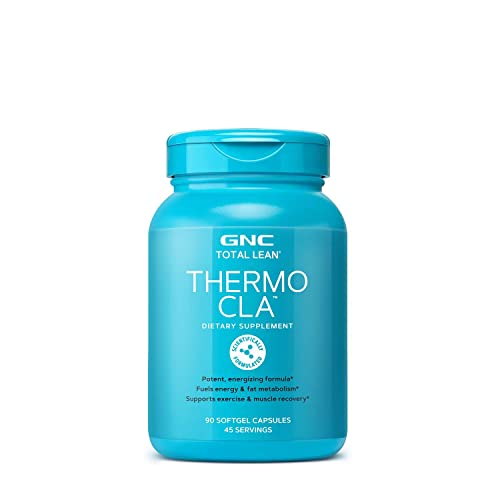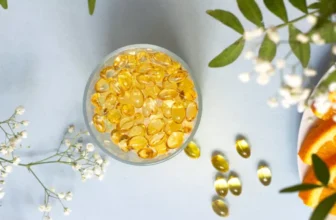
When it comes to your health, the debate over whether organic food truly offers superior benefits can be quite intriguing. You might be surprised to discover the various factors at play that could influence your decision on what goes onto your plate. Consider the potential impact on your well-being and the environment as you navigate through the complexities of this topic.
Organic Vs. Conventional: Nutrient Comparison
When comparing organic and conventional foods, you’ll find that nutrient levels can vary significantly. Organic foods are often praised for being richer in certain nutrients like antioxidants, vitamin C, iron, and magnesium. These nutrients are essential for your overall health and well-being. The farming practices used in organic agriculture, such as crop rotation and soil enrichment, are believed to contribute to higher nutrient levels in organic produce.
On the other hand, conventional foods may sometimes contain lower levels of certain nutrients due to the use of synthetic fertilizers and pesticides that can deplete the soil of essential minerals over time. Additionally, the processing and storage methods employed in conventional farming can also impact the nutrient content of the final product. It’s important to note that the nutrient variability between organic and conventional foods can depend on several factors, including the specific crop, soil quality, and farming practices.
Therefore, when choosing between organic and conventional options, consider the nutrient profile that aligns best with your dietary needs and preferences.
Pesticides and Potential Health Risks
Pesticides in non-organic foods pose potential health risks that consumers should be aware of. These chemicals are utilized to protect crops from pests, but their residues can remain on fruits, vegetables, and grains even after washing or cooking. Exposure to pesticides has been linked to various health issues, including cancer, hormonal imbalances, and neurological problems. Children, pregnant women, and individuals with compromised immune systems are particularly vulnerable to the harmful effects of these chemicals.
Organic farming, on the other hand, prohibits the use of synthetic pesticides, relying instead on natural methods like crop rotation and beneficial insects to manage pests. Choosing organic produce can help reduce your exposure to harmful chemicals and lower the associated health risks. While the levels of pesticide residues in conventional foods are regulated, opting for organic options can provide an extra layer of assurance when it comes to your health and well-being.
Environmental Impact of Organic Farming
To understand the full scope of organic farming’s impact, consider how its practices influence the environment beyond the realm of pesticide use. Organic farming promotes biodiversity by avoiding synthetic chemicals that can harm ecosystems. The use of natural fertilizers and crop rotation helps maintain soil health and fertility, reducing erosion and improving water retention. Additionally, organic farming methods often focus on conservation practices such as water management and the preservation of wildlife habitats.
Taste and Quality of Organic Produce
Organic produce typically boasts a distinct flavor profile and superior quality compared to conventionally grown fruits and vegetables. The use of natural fertilizers and sustainable farming practices in organic farming contributes to the rich taste and nutrient density of organic produce. The crops are grown in nutrient-rich soil, free from synthetic pesticides and genetically modified organisms, allowing them to develop their full flavor potential.
Organic fruits and vegetables are often harvested at peak ripeness, ensuring optimal taste and texture. The focus on biodiversity in organic farming also leads to a broader range of flavors and varieties available to consumers. Additionally, the absence of artificial preservatives in organic produce allows for a more authentic and fresh taste experience.
Cost Analysis: Is Organic Worth It?
Considering the potential benefits for your health and the environment, the question arises: is the cost of organic food truly worth it? Organic food often comes with a higher price tag compared to conventionally grown produce. The higher cost of organic food can be attributed to various factors, including stricter regulations, limited use of pesticides, and more labor-intensive practices. While the initial sticker shock may deter some consumers, many argue that the long-term benefits outweigh the additional expense.
When evaluating the cost of organic food, it’s essential to consider the potential savings on healthcare expenses in the future. By consuming organic products, you might reduce your exposure to harmful chemicals and pesticides commonly found in non-organic food, potentially leading to improved health outcomes. Additionally, supporting organic farming practices can have positive environmental impacts, such as promoting soil health and biodiversity.
Ultimately, the decision to purchase organic food boils down to your priorities and values. If you prioritize your health, environmental sustainability, and supporting organic farming practices, the cost of organic food may indeed be worth it in the long run.
Diet & Sports Nutrition














